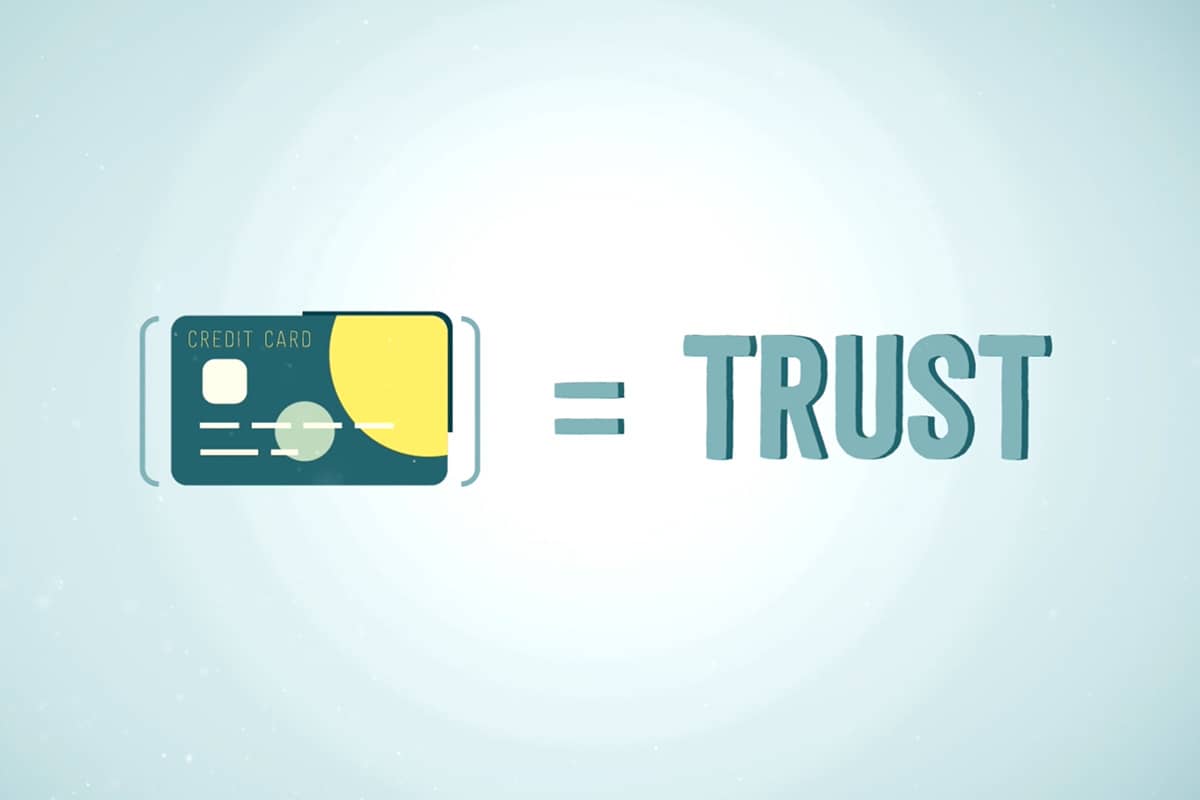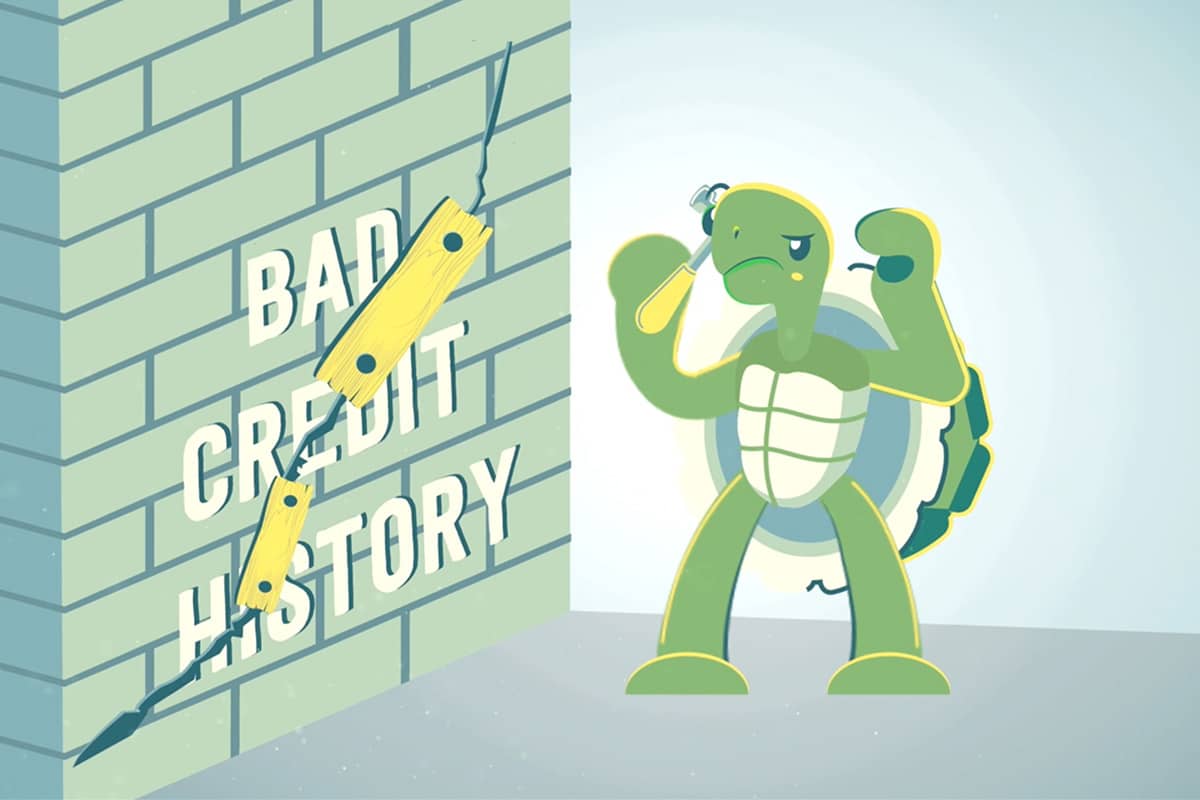Banks vs Credit Unions

By Turtle Credit Team
Disclaimer / Advertiser Disclosure
- The information provided on this website does not, and is not intended to, act as legal, financial or credit advice; instead, it is for general informational purposes only. Information on this website may not be current. This website may contain links to other third-party websites. Such links are only for the convenience of the reader, user or browser; we do not recommend or endorse the contents of any third-party sites. Readers of this website should contact their attorney, accountant or credit counselor to obtain advice with respect to their particular situation. No reader, user, or browser of this site should act or not act on the basis of information on this site. Always seek personal legal, financial or credit advice for your relevant jurisdiction. Only your individual attorney or advisor can provide assurances that the information contained herein – and your interpretation of it – is applicable or appropriate to your particular situation. Use of, and access to, this website or any of the links or resources contained within the site do not create an attorney-client or fiduciary relationship between the reader, user, or browser and website owner, authors, contributors, contributing firms, or their respective employers.
- TurtleCredit.com receives compensation for the financial products and services advertised on this site if our users apply for and sign up for any of them.
The decision to open a basic checking or savings account may not be as simple as many people tend to believe. Why? Because of the options available for the customers. One would assume that banks are the only financial service providers, but no, there are credit unions as well that function very much like banks do, but they have their differences. These differences mean that customers can choose between a bank and a credit union based on the functionality and features that they are looking for. In this article, we will deep dive into the key differences between traditional banking institutions and credit unions.
Ownership
The most crucial difference between a bank and a credit union is that of ownership. Banks are owned by shareholders who invest their money into the bank. Therefore the primary aim of any bank is to increase shareholder value or, in simple words, increase the profitability and size of the bank. This means that the focus of a bank is on maximizing the profit.
Credit unions, on the other hand, are owned by the members of that union. These members may belong to a faith, company, group or community, etc. Since the credit union is owned by the members and not investors, the aim of a credit union is to provide high-quality services to its members.
Access
Banks serve the general public, and any person can open a bank account as long as they fulfill specific prerequisites. There is no restriction on who can and cannot open a bank account. In contrast, credit unions do have certain conditions that bar the general public from availing the services offered by a credit union.
Credit unions are only open to their members. Some credit unions have strict membership policies and are not very inclusive. For instance, a credit union formed by a company for its employees will not allow non-employees to become members, and credit unions based on faith similarly require the members to follow the same religion and ideology. Whereas some credit unions have a more relaxed membership policy and allow anyone to become a member upon the payment of a small fee. This depends entirely upon the purpose and objective of the credit union.
Products and Services
Both banks and credit unions offer similar products and services. However, banks have the edge over credit unions because banks provide more products and services by their size and scope of operations.
Banks offer a wide array of financial products and services related to personal banking, commercial, and corporate banking clients. Their products are catered for each type of customer, and because banks have got technical economies of scale, they can offer highly complicated and customized products and services such as investment accounts and commercial loans.
One good example is the credit cards offered by banks. These cards are loaded with bonuses, rewards, and cashback offers. Another good example is the financing provided by banks. Banks provide financing solutions for both personal banking clients and corporate clients,
Credit unions are more limited when it comes to product offerings. Credit unions do offer all the essential banking products and services, but these are catered for their members. Therefore any product or service that is not demanded by the members is not included in their product offering. A good example once again is credit cards. Usually, the credit cards offered by credit unions do not carry as many rewards, bonuses, and cashback as those offered by conventional banks.
The same applies to financing, credit unions have a small base of customers to cater to, and their financing products are not as diverse as those of conventional banks. Where a traditional bank may cater to individuals, small and big businesses alike, a credit union may only cater to a more limited pool.
Rates
Rates between banks and credit unions differ significantly. Banks, as we have discussed above, aim at maximizing the profit for their shareholders. They strategically set their interest rates and fees very high.
Credit unions, on the other hand, aim to serve their members in the best possible manner. Their aim is not on profit but on providing high-quality service. Thus, their interest rates and fees are as low as reasonably practicable. A comparison between interest rates on lending will reveal that banks charge a higher interest rate on borrowing as compared to credit unions. Interest rates on deposit are lower for banks and higher for credit unions.
There is a catch here, banks can be divided into brick and mortar banks and online banks. When you look at the rates offered by online banks and the rates of credit unions, there seems to be a competition because online banks have far less administrative costs than brick and mortar banks and can manage to offer competitive rates compared to credit unions.
Technology
Banks simply outclass credit unions when it comes to technology. Banks have more funds to research and develop state of the art technological solutions to improve their products and services and the overall customer experience. This is why generally banks have top of the line mobile applications and websites, to make the banking experience seamless for their customers.
Credit unions simply do not have the required funds to compete with conventional banks when it comes to technology. Although credit unions offer online and mobile banking solutions, they may be slow to integrate innovations and new features that traditional banks can deliver more quickly to their customers.
Ease of Access
Banks have got another point over credit unions. By their business model, banks can easily attain economies of scale, which allows them to have many branches and ATMs, which creates ease of access to their customers.
On the other hand, credit unions are limited by their means and cannot offer as many branches and atm locations to their members. But, most credit unions network with other credit unions or businesses to expand their ease of access. Customers who frequently use in-banking services on the go may find banks more suitable.
Customer Care
Banks aim at profit maximization, and for this reason, customer care and service score low for banks, especially for some of the large banks. Reviews posted online for banks are generally good, but quite a few customers face customer care difficulties. Delays in transactions and the inability of the customer care to properly communicate with their customers are common complaints.
Credit unions are aimed at providing the best possible customer care and service to their customers. For this reason, the level of customer care offered by credit unions is exquisite when compared with banks. The smaller size of credit unions plays a significant role in the tighter control over customer care policies by the board. However, this does not mean that customer care is not even considered an issue by banks. Customer satisfaction is a crucial indicator for any bank, and many banks do take it seriously.
Objective Opinion
The choice between a bank and a credit union should depend on several factors. If the aim is to get access to better financial services and ease of access, then a bank would be most preferable. But if the objective is to get great rates and more personal experience with less emphasis on the range of products and services, then a credit union may be a better option. In the end, it is a subjective choice that very much depends on what the customer wants.
Spread the word
Articles: Personal Finance 101
We’ve been discussing credit and how it works but how do you start getting credit if you have no credit history? Better yet, how do you repair a bad credit history?
Imagine not having to worry about your finances and having an organized spending habit. Wouldn’t that put your mind to ease? Well, now you can build a successful budget by following a set of 8 steps.
Covid-19 pandemic has severely impacted public and personal finances, and over the last six months or so, many people have seen a deterioration in their credit scores.



